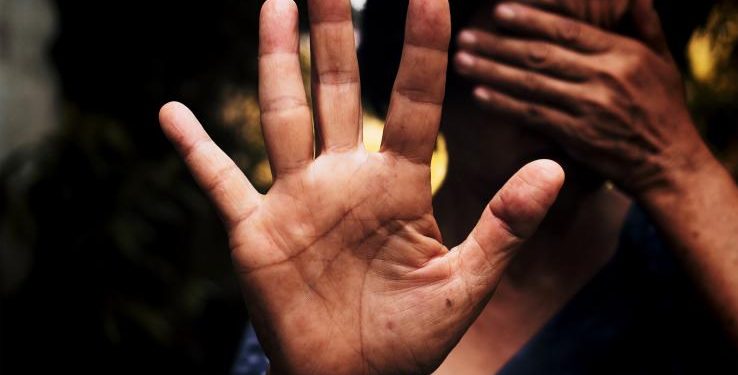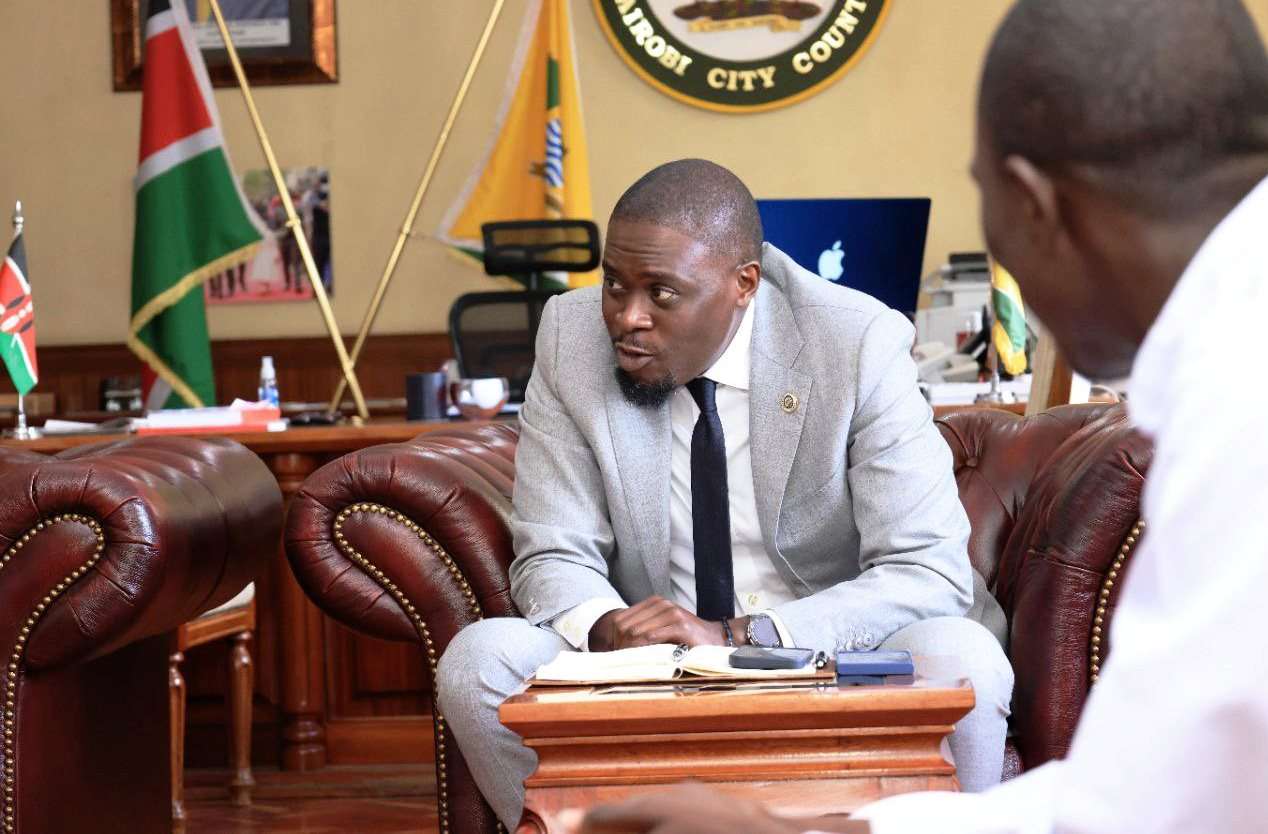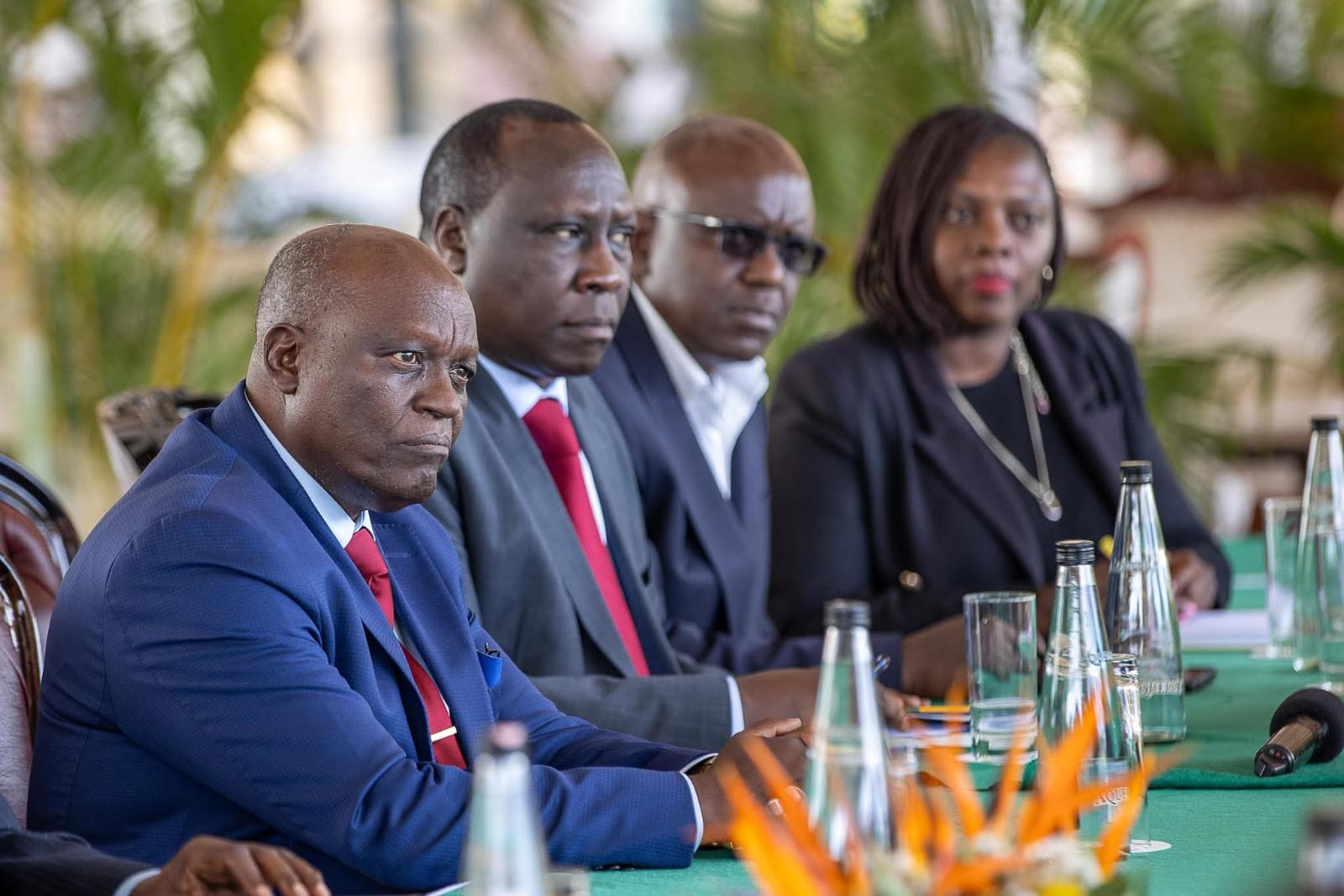The report further warns about the role of negative media narratives and inflammatory rhetoric in fuelling hostility, linking more than 300 violations to media-driven stigma and misinformation.
The organisations and networks are calling on the government to repeal discriminatory provisions in the Penal Code, reject laws that criminalise LGBTIQ+ identities, strengthen safe reporting mechanisms for hate crimes, and provide training for police officers, health workers, and judicial officers.
Transgender persons reported the highest number of violations, 708 cases, representing nearly a third of all documented abuses. The report notes that most perpetrators were people known to the survivors, including intimate partners, family members, clients, and service providers.
The report was compiled by the Kenya Human Rights Commission (KHRC), Coast Sex Worker Alliance, Dream Achievers Youth Organisation (DAYO), galck+, Hope Rekindled, Kenya Sex Workers Alliance, LEHA, National Trans Advocacy Network, Jinsiangu, Rural to Global, and the Western Situation Room Kenya.
The findings directly challenge a 2019 High Court ruling that dismissed claims of violence against LGBTIQ+ persons due to a lack of evidence. “The data shows persistent abuse that cannot be ignored. This calls for urgent action to uphold constitutional guarantees of equality and dignity,” the report states.
The report further warns about the role of negative media narratives and inflammatory rhetoric in fuelling hostility, linking more than 300 violations to media-driven stigma and misinformation.
The organisations and networks are calling on the government to repeal discriminatory provisions in the Penal Code, reject laws that criminalise LGBTIQ+ identities, strengthen safe reporting mechanisms for hate crimes, and provide training for police officers, health workers, and judicial officers. “Lives are literally on the line, and society can no longer turn a blind eye,” said Adrian Kibe of KHRC during the launch.
[/full]





